Welcome to CalMatters, the only nonprofit newsroom devoted solely to covering statewide issues that affect all Californians. Sign up for
WeeklyMatters
for a Saturday morning digest of the latest news and commentary from the Golden State.
This story is part of
California Voices,
a commentary forum aiming to broaden our understanding of the state and spotlight Californians directly impacted by policy or its absence. Learn more
here
.
A San Diego man accused of murder went on trial for four weeks earlier this year. After closing arguments, the jurors — myself included — re-examined hundreds of photos of exhibits and re-listened to hours of testimony before finding the man guilty on most counts.
Before we left the jury room, we dropped our anonymity and shared a little bit about ourselves.
Some jurors were business owners or managers. One was a nurse. Two of us worked in news media. There was an interior decorator, an accountant, a researcher and a computer analyst.
Almost everyone had attended or graduated college. White people made up about half the jury panel.
By contrast the defendant, a Latino man, had the equivalent of a high school education and had long been unemployed. Prosecutors painted him as a long-time drug abuser and dealer. He denied killing his nephew.
We considered him innocent, until the evidence proved him guilty. Yet as I rode down the courthouse escalator one last time, I couldn’t shake a nagging question: Were we really a jury of his peers?
That wasn’t a rhetorical question. It’s especially germane now, because California lawmakers and the governor just killed an 8-month-old program that was supposed to help ensure more diverse jury pools so defendants could be judged by their peers.
Courts have long interpreted the “jury of peers” standard to mean a jury “of equals,” taken randomly from a pool that includes “a broad spectrum of the population, particularly of race, national origin and gender,” according to
Law.com
’s online legal dictionary.
But while about 9 out of 10 defendants nationwide
are too poor to afford lawyers
, most jurors aren’t in that low of an income bracket. I discovered that firsthand. And for decades, prosecutors have
used so-called peremptory challenges
— challenges that don’t need a cause — to manipulate the makeup of juries.
Public defenders say this
forces even innocent clients to take plea bargains
, rather than face a jury that doesn’t look like them. That isn’t justice.
Even some California prosecutors acknowledge
that the courts would be fairer with more diverse jury panels. Yet the state is backing away from a common sense strategy to fix that.
Gov. Gavin Newsom recently
axed $27.5 million from the state budget
that funded a two-year pilot program paying $100 a day to jurors serving in Alameda, El Dorado, Fresno, Imperial, Monterey, San Bernardino and Shasta counties.
The seven counties are part of a study. Supporters were hoping that higher juror pay would spread throughout California, but lawmakers haven’t put a penny toward it in next year’s budget.
California courts currently pay jurors $15 a day. The idea behind the experimental raise, which Newsom signed into law in 2022, was to test whether better pay leads to more racially and economically diverse juries.
It was modeled after a similar program started in San Francisco in 2021 that increased pay to $100 for lower-income jurors. After one year, more than 8 in 10 program participants said they wouldn’t have been able to serve on a jury without that money.
It sure would have made a difference in the jury selection I was a part of.
Picking a jury when there’s ‘undue hardship’
For the San Diego murder trial, the judge called in a jury pool of nearly 110 people. He explained that it takes that many people and two full days to eventually select 12 jurors and four alternates for a criminal case expected to last several weeks.
Some prospective jurors won’t serve because of “undue hardship,” he said. Too many employers are refusing to pay workers on jury duty. California law says employers can’t fire workers serving on juries, but it doesn’t make employers pay them.
That’s why
California consistently fills juries with retirees
or people who work in white-collar jobs or who have the money to go without pay. Equal justice is just an empty promise if a minimum wage worker earns eight times more than jurors make in a day.
Add to that, a juror’s expenses can easily outstrip the daily pay. In San Diego, jurors who drove had to pay to park —- that’s $25 to $40 a day — and pay for lunch, which ran about $20 at nearby restaurants. I rode the trolley and packed lunch to save money.
During my first two days of jury duty, people described their financial hardship. One young man told the judge — in front of everyone — that he had been unemployed for months and was still looking for work. A woman complained she couldn’t afford several weeks of child care. Another man was unsure he’d keep his job beyond two weeks on jury duty.
None of them were picked for the jury.
Read Next
A program paying California jurors $100 a day would end abruptly due to Newsom’s new budget
Besides finances, certain life experiences can be factors in shaping a jury. In this trial, the 108-member jury pool was given a 75-question survey designed to identify bias.
Some questions made me suspect I might be disqualified, like the question about whether I or a family member had been a victim of a crime. Yes, my mother was violently mugged years ago, I wrote, and the police didn’t arrest anyone.
I answered ‘yes’ to a question about whether anyone in my family had been arrested. When my brother was a preteen, he got caught entering an abandoned factory with friends. He took a plea deal and stayed out of jail, but knowing how few Black boys got breaks, I was terrified for him, I wrote.
While scribbling my answers I wondered how many other juror candidates had similar responses? Would negative experiences with police make us unsuitable?
There were other, more obvious potential disqualifiers: I’m a Black woman, so a lawyer might assume I don’t trust police or the courts. And I’m a journalist, a profession often excluded from juries for various reasons.
Read More:
Another California professional group wants a free pass from jury duty. This lawmaker says no
I was surprised at how many held that view. But a woman next to me whispered that they weren’t all taking principled stands; some just thought it might get them out of jury duty.
After reading the questionnaires, the judge interrogated us. By the time he got to me, about a dozen people — including several white people — told the judge that they were
not
confident a person of color could get a fair shake in the legal system.
The judge grilled me about my family’s encounters with police. He asked point-blank if I thought my brother was treated fairly by the court. I told him that since my brother didn’t have to serve jail time, maybe he was.
I guess my answer was acceptable. When the judge empaneled the jurors and sent the rest home, I was the last juror selected.
The right to a jury trial is so vital that it’s spelled out in the Constitution and the Bill of Rights. But seeking a jury of peers does not mean that male defendants will only be tried by men, or Asians by Asians, or African Americans by African Americans. It does mean a court cannot intentionally exclude someone because of race or gender.
To me that doesn’t go far enough. California should make it easier for jurors to serve, especially those who come from the world the defendant lives in.
If it costs California $27 million to try to reach that standard in seven counties, it’s worth it.
Read More
California judges say they’re underpaid, and their new lawsuit could cost taxpayers millions
Money, location shape California’s criminal defense system to an unconstitutional level
Read more from CalMatters
Text
Get breaking news on your phone.
Download
Keep up with the latest via our app.
Sign up
Receive free updates in your inbox.
Safeguard independent news for California’s future
For 10 years, CalMatters has informed millions of Californians and kept our government and special interests in check.
- We report what’s happening.
- We ask the hard questions.
- We make our government transparent to Californians.
Right now, every donation is matched dollar-for-dollar. Please make today the day you support CalMatters.
Without independent, relentless reporting, accountability slips:
- People lose visibility into decisions that shape their future.
- Misinformation and special interests gain more ground.
- Public trust erodes.
Don’t let that happen. Give today to safeguard independent and fearless CalMatters journalism.
Give today, because the news can’t wait.
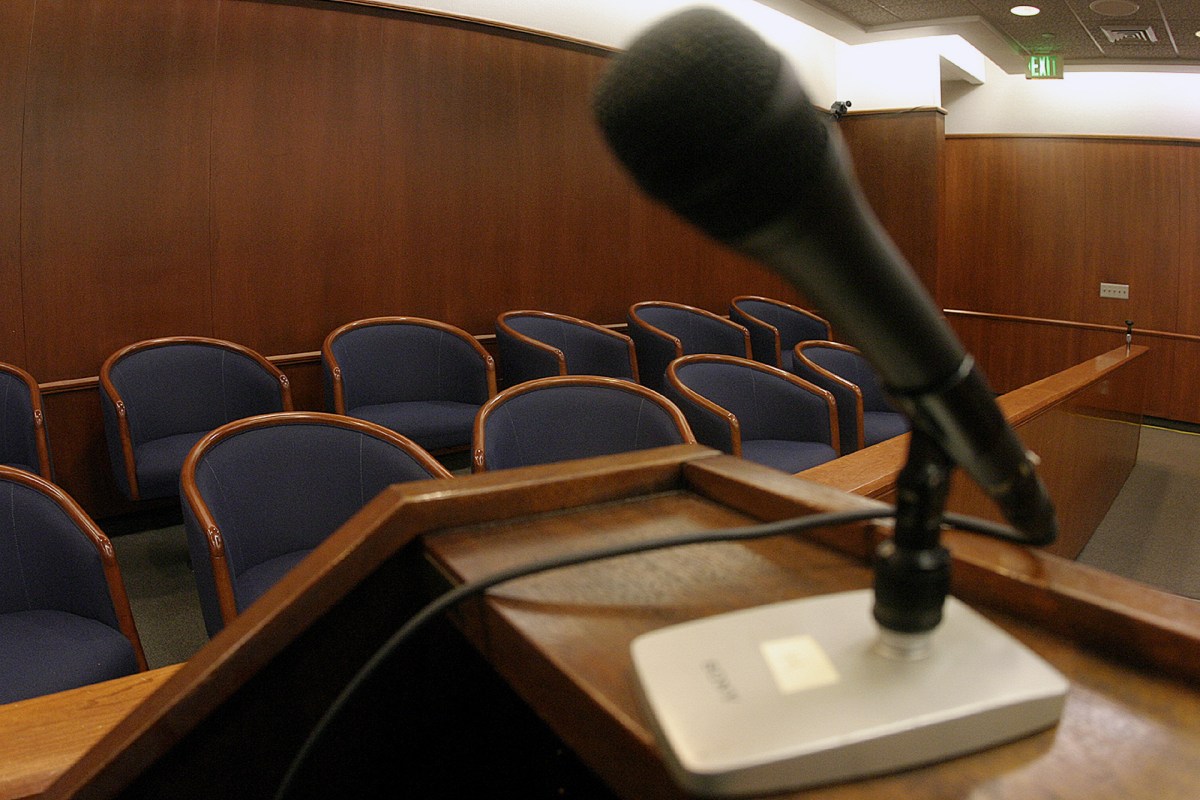
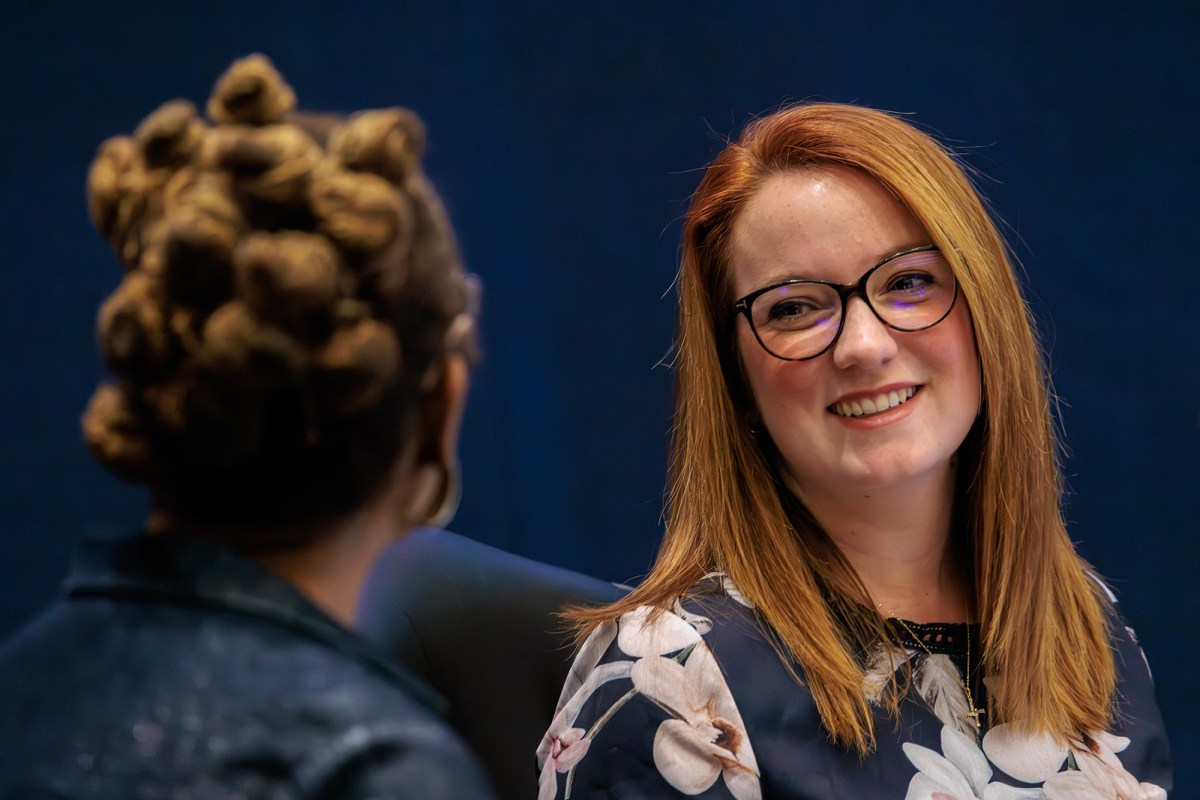
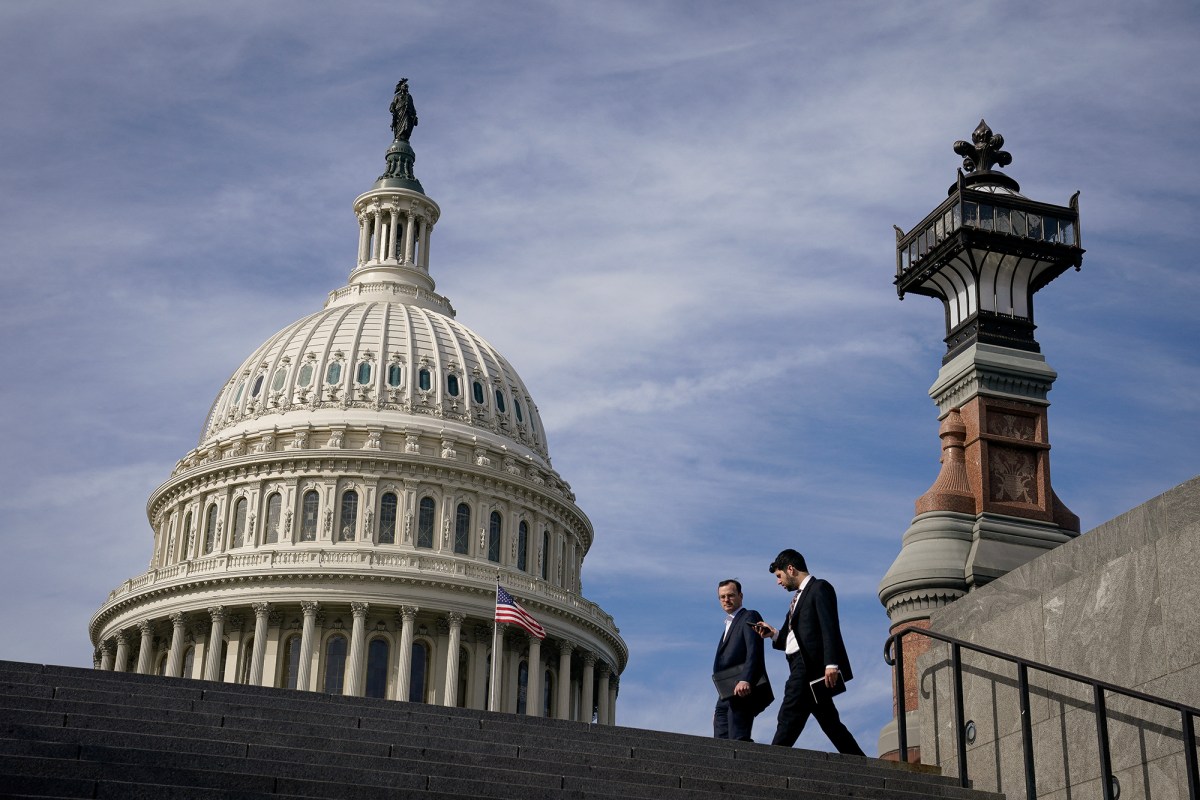
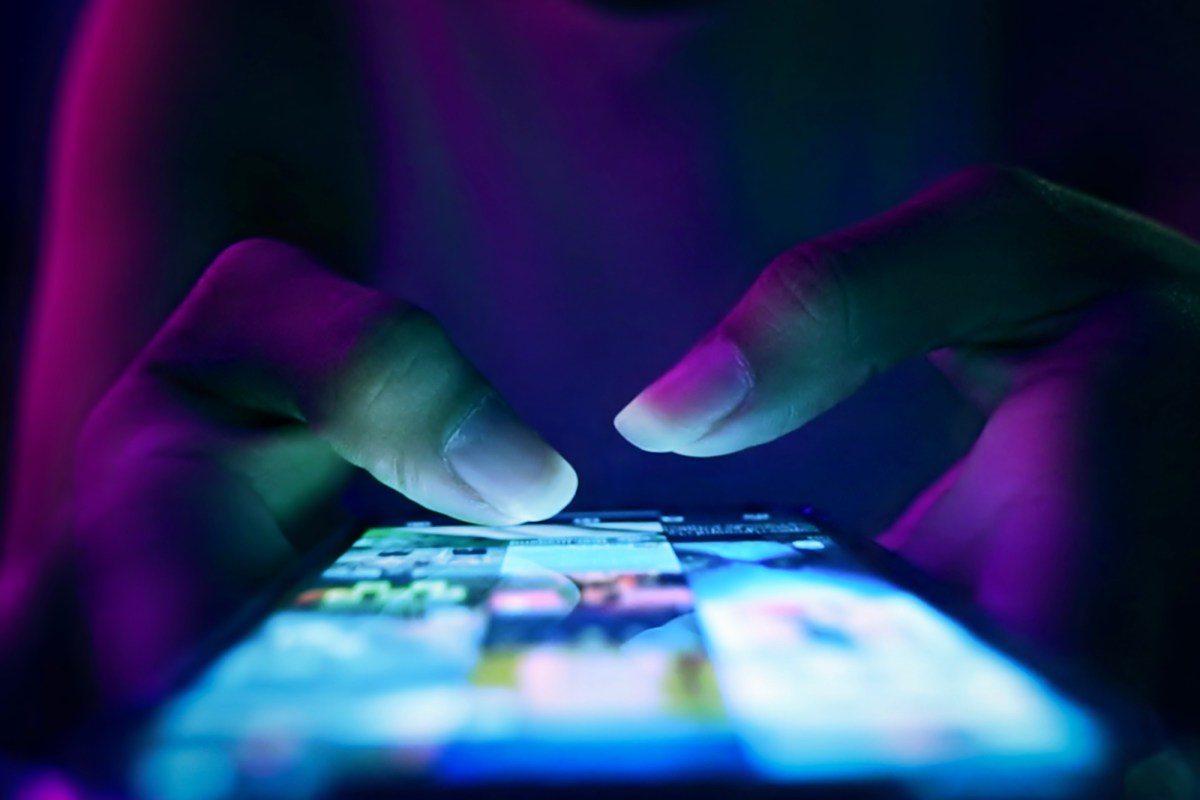
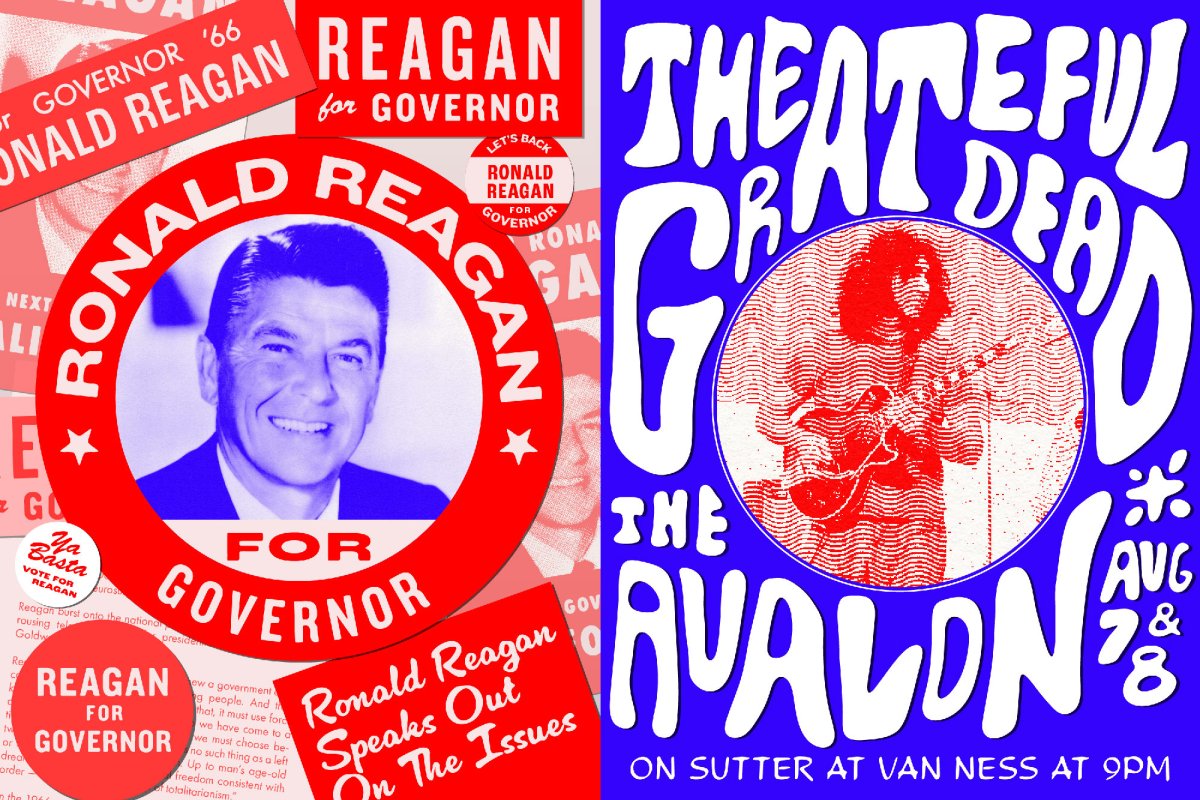
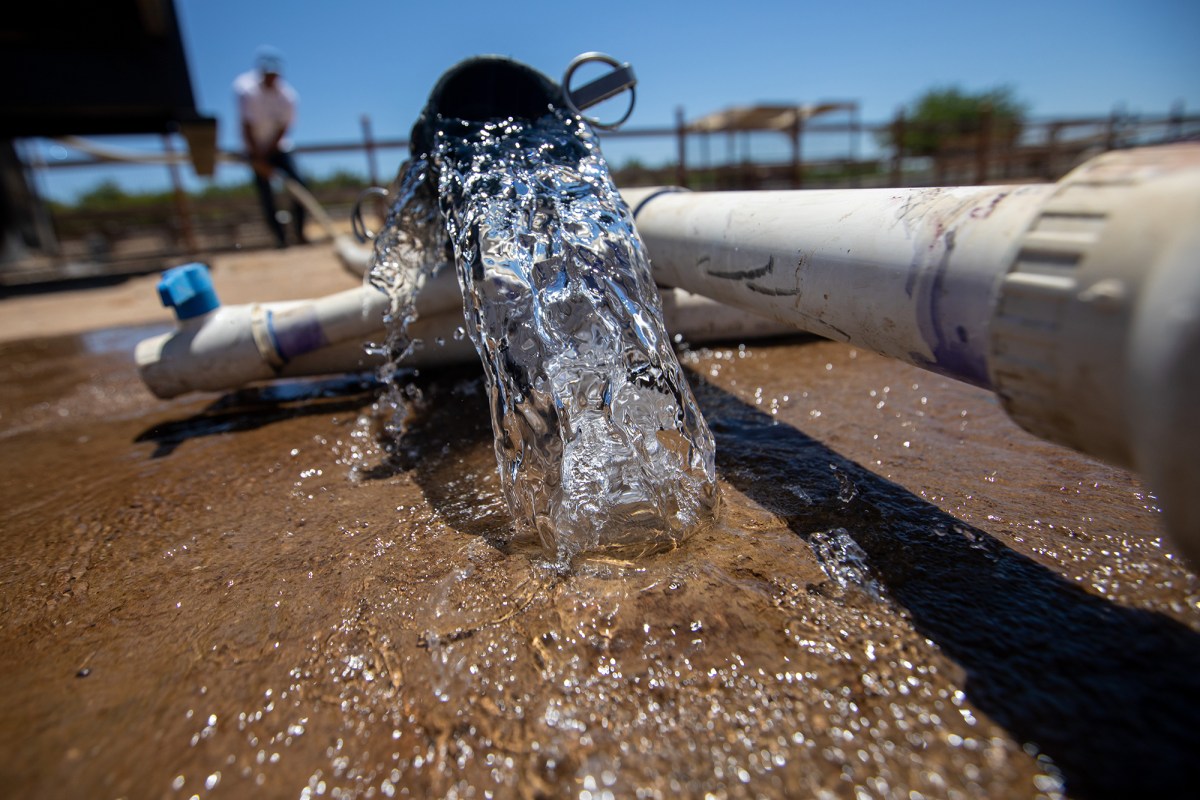






With Kamala Harris out, who will emerge as frontrunner in California governor’s race?